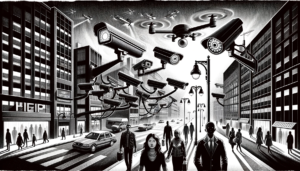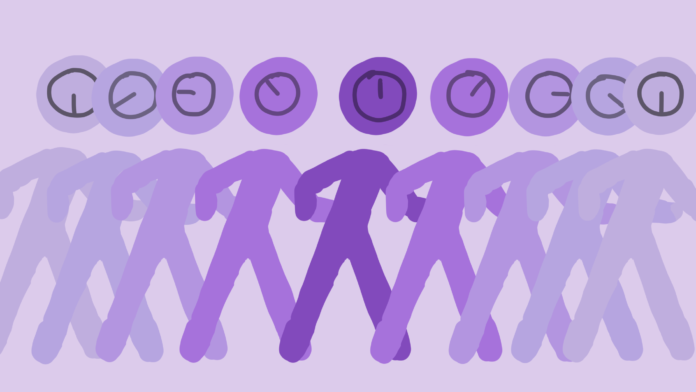In the digital age, the lines between public and private have blurred. Our every click, swipe, and purchase leaves a trail of data, meticulously collected by corporations, governments, and third-party entities. This pervasive surveillance raises urgent questions: who owns our data? How is it used? And most importantly, how can we reclaim control over this vital piece of ourselves?
The scale of data collection is staggering. Smartphones track our location, social media platforms analyze our interactions, and smart devices monitor our homes [1]. Facial recognition technology identifies us in public spaces, and even our browsing history paints a detailed picture of our interests and beliefs [2]. This data is then analyzed, packaged, and sold, shaping everything from targeted advertising to political campaigns.
The consequences of this data-driven world are far-reaching. Algorithmic bias can perpetuate discrimination, data breaches can expose our vulnerabilities, and the erosion of privacy can stifle free expression [3]. We become not individuals, but data points, subject to manipulation and control.
However, amidst this unsettling reality, there is hope. Reclaiming our privacy requires a multi-pronged approach, encompassing both individual action and collective advocacy.
Taking Control of Your Digital Footprint:
- Mindful data sharing: Be cautious about what information you share online. Consider the purpose of each platform and the potential consequences of divulging personal details. Opt-out of data sharing settings wherever possible.
- Privacy-focused browsers and apps: Ditch data-hungry browsers like Chrome for privacy-oriented alternatives like DuckDuckGo and Firefox. Utilize secure messaging apps like Signal and Telegram for encrypted communication.
- Strong passwords and two-factor authentication: Implement unique, complex passwords for every account and activate two-factor authentication for added security.
- Data minimization: Limit the data you share with third-party applications and services. Regularly review and revoke unused app permissions.
- Digital detoxing: Disconnect regularly from social media and online platforms to reclaim your mental space and reduce data trails.
Collective Advocacy:
- Support privacy legislation: Advocate for stronger data protection laws and regulations that empower individuals to control their data.
- Hold corporations accountable: Demand transparency from tech companies and challenge their data collection practices.
- Raise awareness: Educate others about the importance of privacy and encourage them to take protective measures.
Reclaiming our privacy in the age of surveillance is not a one-time action, but an ongoing process. It requires vigilance, awareness, and a commitment to safeguarding our digital and physical selves. By adopting these practical steps, amplifying our voices, and demanding accountability, we can begin to rewrite the narrative of data ownership and reclaim control over our lives in the digital age.
By understanding the pervasiveness of data collection, adopting practical protective measures, and advocating for stronger privacy protections, we can begin to navigate the age of surveillance with a greater sense of control and empowerment. Remember, our data is not simply a commodity; it is a fundamental part of our identity, and we have the right to decide how it is used. So, let us not surrender to the panopticon of the digital age, but rise up and reclaim our right to privacy, one click and one voice at a time.
Sources:
- The Algorithmic Society: Social Theory in the Digital Age by Nick Srnicek, https://www.jstor.org/stable/j.ctv319wpvm, 2023
- The New Digital Age: Reshaping the Future of Business, Work, and Society by Eric Schmidt and Jonathan Rosenberg, https://www1.goramblers.org/papersCollection/Book?dataid=mTn:3008&Academia=The_New_Digital_Age_Eric_Schmidt(3).pdf
- The Public Option: How to Build a Better Internet by Evgeny Morozov, 2011, https://www.youtube.com/watch?v=le8Ldl5EeZA


